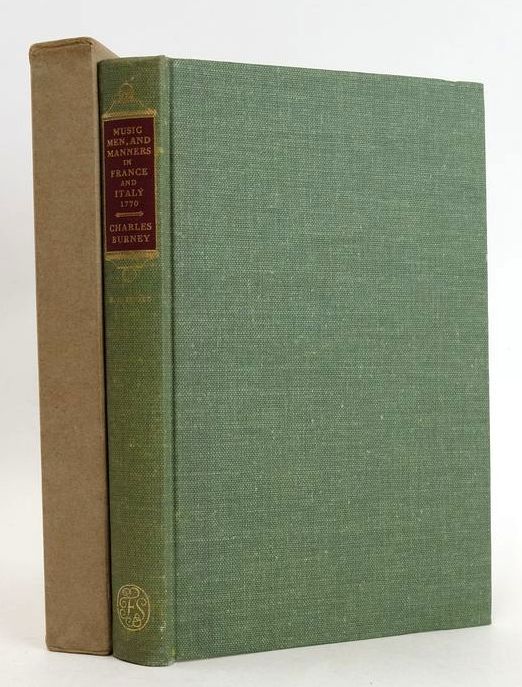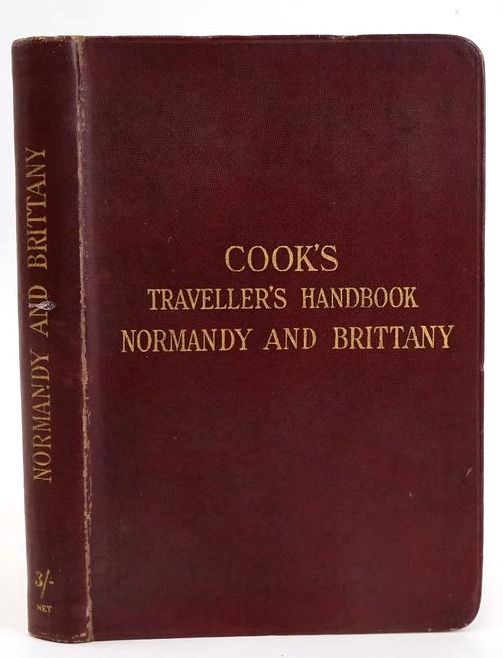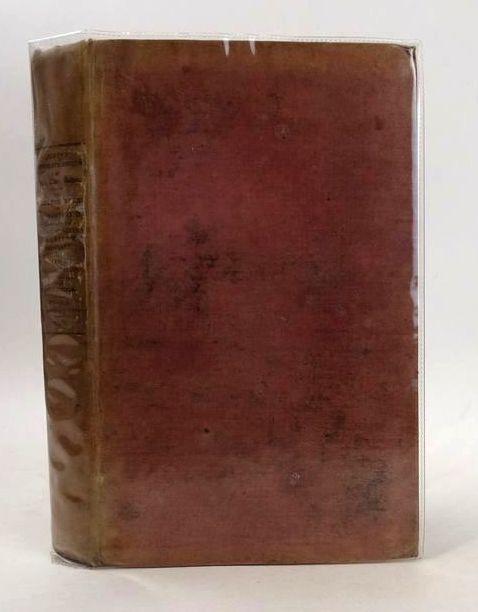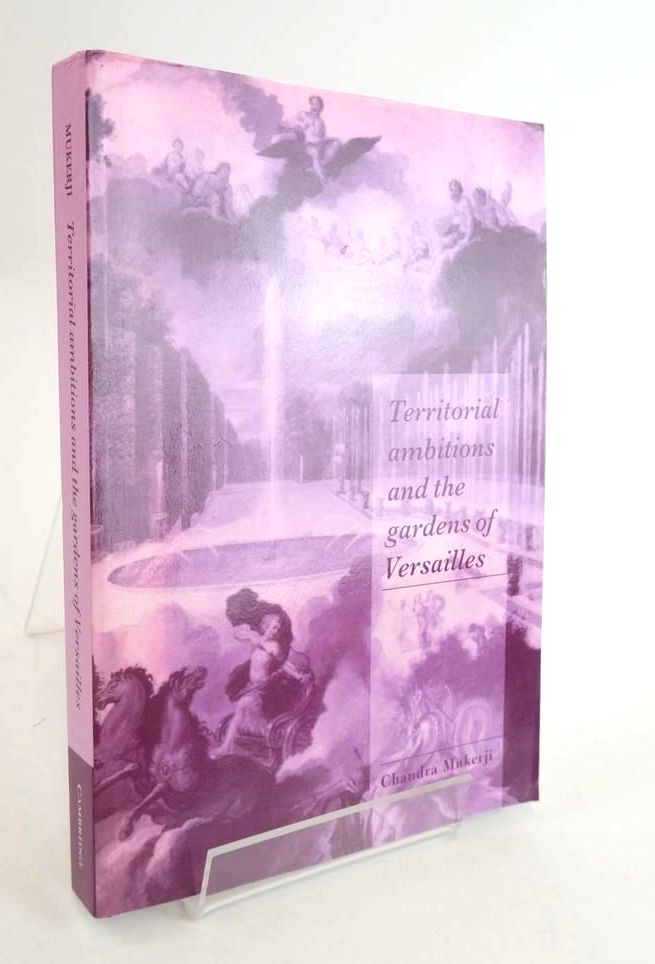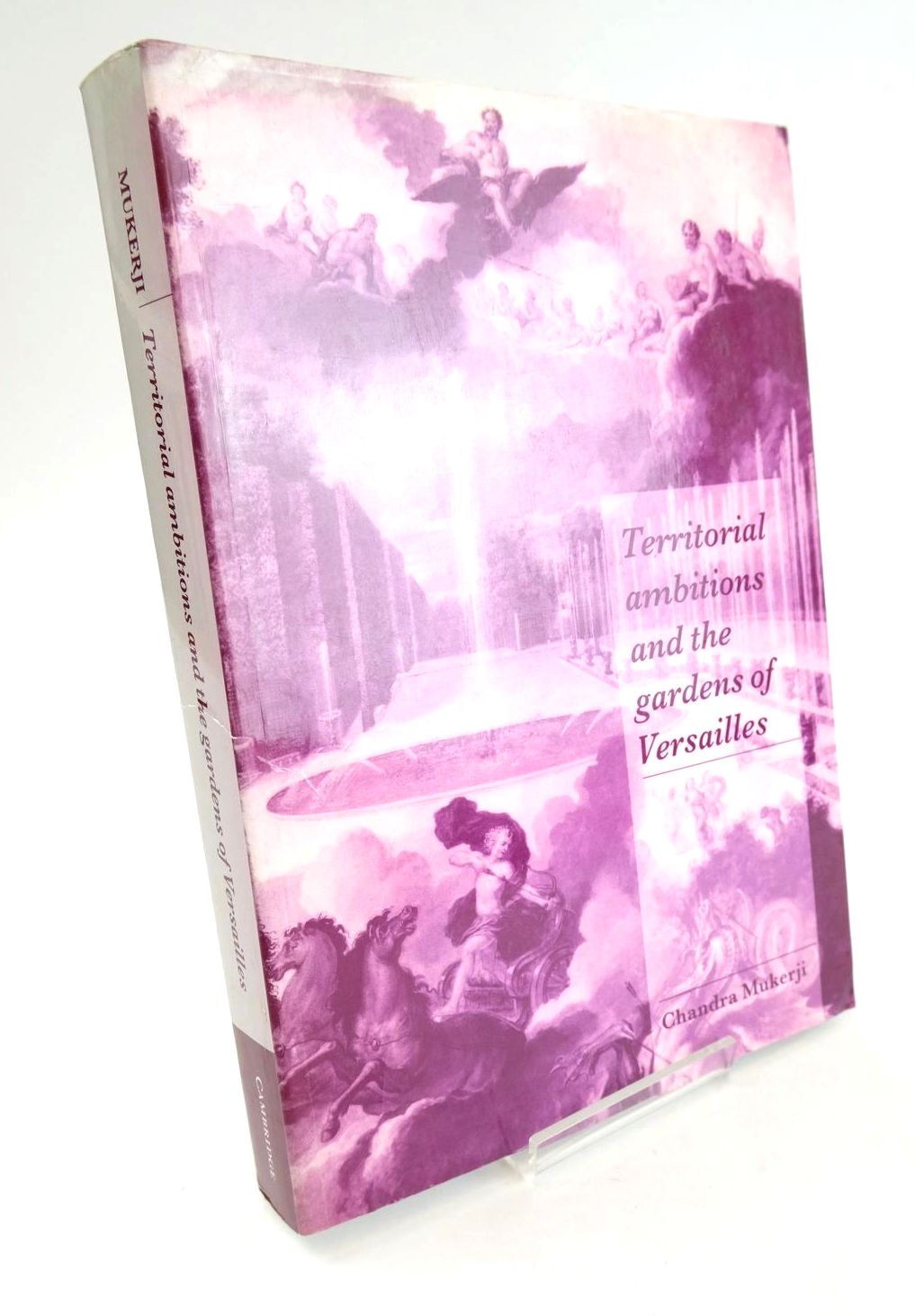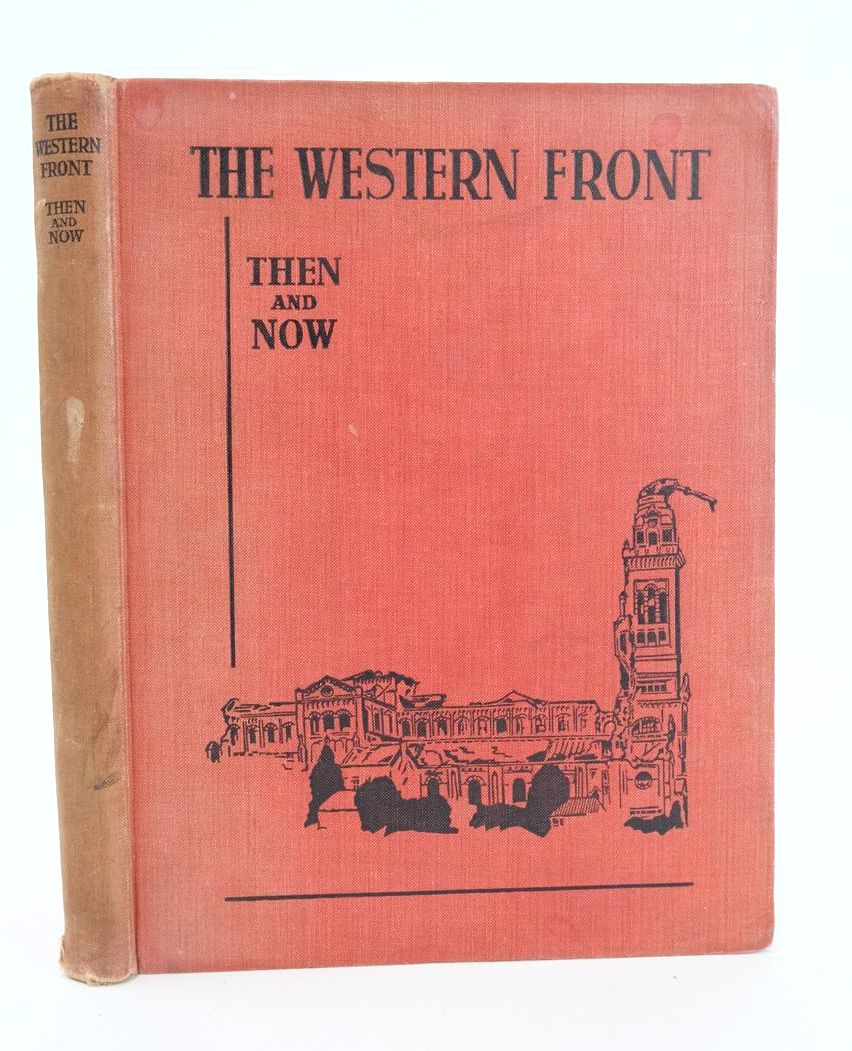The French Foreign Legion by Douglas Boyd
 They say you're without honour or faith,
They say you're without honour or faith,
but what more could they have asked?
Did you not fulfil unto death
the sworn duty with which you were tasked?
Legion Captain Borelli, to his Legionnaires who died at the siege of Thuyen Quang in 1885.
Established in 1831 by the French king Louis Philippe, The French Foreign Legion (or in French: Légion étrangère, L.E.) is a military service wing of the French army, unique because it was exclusively created for foreign nationals willing to serve in the French armed forces. The direct reason for this was that foreigners were forbidden to serve in the French Army after the 1830 July Revolution, so the foreign legion was created to allow the government a way around this restriction.
The purpose of the foreign legion was to remove disruptive elements from society and put them to use fighting the enemies of France. Recruits included failed revolutionaries from the rest of Europe, soldiers from the disbanded foreign regiments, and troublemakers in general - both foreign and French. Formed so that the government could enforce its rule in Algeria - this was designated as the legion's 'home'.
Commanded by French officers, and also open to French citizens, who amounted to 24% of the recruits as of 2007, in contrast, today's foreign legion is known as an elite military unit whose training focuses not only on traditional military skills but also on its strong esprit de corps. As its men come from different countries with different cultures, this is a widely accepted solution to strengthen them enough to work as a team. Consequently, training is often described as not only physically challenging but also, for a number of reasons, extremely stressful psychologically due to the additional element of 'culture shock' involved.
 “The French Foreign Legion is not a regiment, but an extraordinary army... It would be impossible within the covers of one book to include all the actions in which it has taken part and shed blood for France. For more than 170 years jobless, homeless and loveless men have found in the French Foreign Legion a sense of purpose worth all the rigours and risks of serving in the world's longest standing mercenary army.”
“The French Foreign Legion is not a regiment, but an extraordinary army... It would be impossible within the covers of one book to include all the actions in which it has taken part and shed blood for France. For more than 170 years jobless, homeless and loveless men have found in the French Foreign Legion a sense of purpose worth all the rigours and risks of serving in the world's longest standing mercenary army.”
Taken from Acknowledgements and Introduction.
In keeping with the legion's fierce commitment to respecting a man's anonymity for life, the author has named few living individuals in this book with the exception of relevant public figures. For the rest he has employed the legion's own ethos of 'ni vu, ni connu' – which, roughly translated, means 'unseen, unknown' and is an expression often used when referring to such elite military units. In a country where politics and the military are so closely interwoven, it perhaps comes as no surprise that this single branch of the armed forces has provided some extremely high-profile leaders from marshals and generals to high ranking politicians and even prime ministers. However, what makes the Legion different, is that it numbers in its ranks men (and, it may be worth noting, only men, women at present are still not permitted to join the French Foreign Legion) from all social, cultural and educational backgrounds - compounding this sense of what, for many, was to be a 'new beginning' as whatever your marital status (single, married, divorced) you would be enlisted in the French Foreign Legion as a single man!
 Since the legion in the past had asked few questions of its new recruits, it laid itself open to accusations of being, in the words of The Telegraph's Neil Tweedie, "an ideal repository for the scum of the earth” and historically, the American film industry had portrayed the foreign legion as having a reputation as a haven for cut-throats, crooks and sundry fugitives from justice. Tweedie said in 2008 that the "image as a haven for ne’er-do-wells is largely out of date" since the legion now conducts extensive background checks via Interpol, however, this cultural stereotype persists to the present day. The stereotypical legionnaire in fiction is represented as a member of a North African campaign from approximately 1900-1950. They are always depicted as lost souls - bereaved lovers or political refugees - wearing white kepis while standing guard at lonely outposts in the Sahara. In real life, the Legion operates in a variety of environments and conflicts and certainly wears camouflage as and when required!
Since the legion in the past had asked few questions of its new recruits, it laid itself open to accusations of being, in the words of The Telegraph's Neil Tweedie, "an ideal repository for the scum of the earth” and historically, the American film industry had portrayed the foreign legion as having a reputation as a haven for cut-throats, crooks and sundry fugitives from justice. Tweedie said in 2008 that the "image as a haven for ne’er-do-wells is largely out of date" since the legion now conducts extensive background checks via Interpol, however, this cultural stereotype persists to the present day. The stereotypical legionnaire in fiction is represented as a member of a North African campaign from approximately 1900-1950. They are always depicted as lost souls - bereaved lovers or political refugees - wearing white kepis while standing guard at lonely outposts in the Sahara. In real life, the Legion operates in a variety of environments and conflicts and certainly wears camouflage as and when required!
 Boyd's book engagingly explores the love/hate relationship between France and the foreigners she pays to spill their blood for her, whilst taking the reader on an often harrowing journey through the numerous campaigns in which the legion has been involved. With chapter headings including 'Building an Empire with Blood', 'Guns and Gas in the Trenches' and photographs including that of an injured legionnaire in a Saigon Hospital and the funeral held at the Legion headquarters in Aubagne of another who died in 1950 this is a frank and honest portrayal of life as one of France's mysterious merecenaries.
Boyd's book engagingly explores the love/hate relationship between France and the foreigners she pays to spill their blood for her, whilst taking the reader on an often harrowing journey through the numerous campaigns in which the legion has been involved. With chapter headings including 'Building an Empire with Blood', 'Guns and Gas in the Trenches' and photographs including that of an injured legionnaire in a Saigon Hospital and the funeral held at the Legion headquarters in Aubagne of another who died in 1950 this is a frank and honest portrayal of life as one of France's mysterious merecenaries.
'Le Boudin' – Final Verse
Nos anciens ont su mourir
Pour la gloire de la Légion.
Nous saurons bien tous périr
Suivant la tradition.
Au cours de nos campagnes lointaines,
Affrontant la fièvre et le feu,
Oublions avec nos peines,
La mort qui nous oublie si peu.
Nous la Légion.
Le Boudin'- the Official march of the French Foreign Legion:
Our ancestors died, for the glory of the Legion. We will all perish, according to tradition. During our far-off campaigns, facing fever and fire, Let us forget, along with our hardships, Death, which forgets us so little. We, the Legion.
Contributed by Jane
(Published on 8th Dec 2014 )




